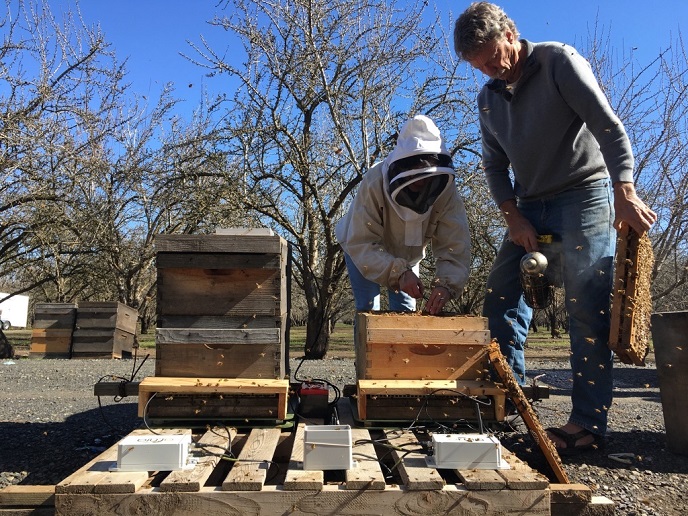A new reality for Europe's youth, by Europe's youth
The 'Youth - actor of social change' (Up2Youth) project sought to gain a better understanding of the factors at play in young people's role in social change. A network of project partners in various countries worked to integrate existing research and document young people's choices for actions or non-actions in the social realm. The intention was to arrive at a new understanding of youth as social actors and, based on this, to offer relevant policy recommendations. Up2Youth developed their approach based on two objectives. The first was to improve on the theoretical understanding of young people's agency, and the second to explore policies aimed at empowering their actions in the social context. Critical questions included 'How do young people's decisions and coping strategies relate to changing social structures?' and 'What policies enable young people to actively influence social change?' Such questions were examined across three thematic areas chosen as crucial and representative of the status of youth in European societies. These were young parenthood, transitions to work and civic participation. Working groups collected studies and empirical findings from countries across Europe, drafted a thematic report and, based on that, chose a series of key issues for more in-depth analysis. The project analysis uncovered plenty of evidence for the contributions of young people's agency to social change. Coping strategies change the meanings of key assets of social integration — family, work, citizenship — as youth strive to overcome the growing distance from societal institutions. In interpreting young people's choices, the project found, it is necessary to recognise the changing meaning of citizenship and participation with respect to content and manner of expression. Another point of focus was how work as a central mode of social integration has changed considerably. There is the new reality against which protracted transitions to adulthood and ethnic social integration need to be viewed and approached in terms of policy. Up2Youth highlighted the mismatch between how institutions expect young people to participate, and young people's actual priorities and activities. This indicates a need to design relevant policies that recognise a new set of subjective interests, needs and priorities. Project findings thus offered a new approach for old institutions: to be flexible and responsive to new forms of social action and the processes of integration.







